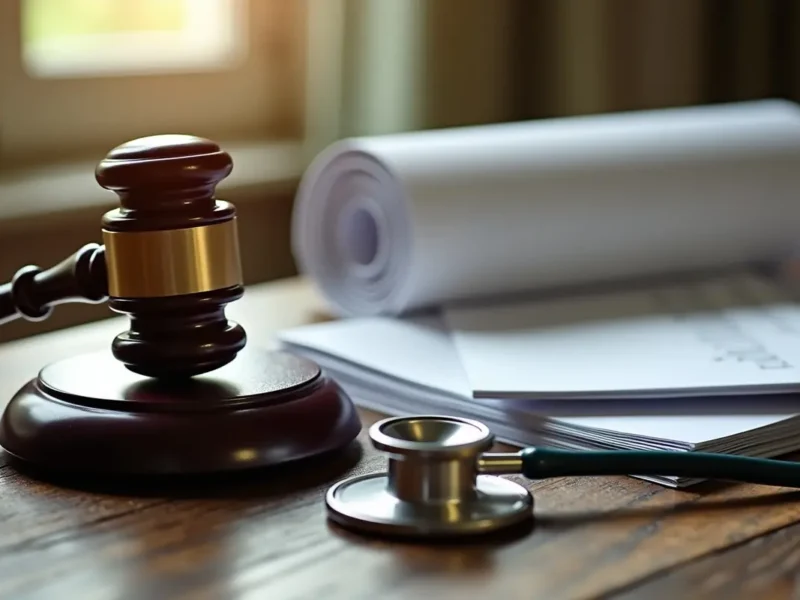In a world where dining out is a common and enjoyable experience, the risk of foodborne illnesses is an unfortunate reality. Food poisoning can have serious consequences, ranging from mild discomfort to severe illness. When someone falls ill after dining at a restaurant, a common question arises: Can the restaurant be held liable for food poisoning?
The law surrounding foodborne illnesses is nuanced and varies based on jurisdiction, but certain principles generally apply. To establish whether a restaurant can be held responsible for food poisoning, several key factors come into play:
Contents
Duty of Care
Restaurants owe a duty of care to their patrons, which includes providing safe and hygienic food. This duty extends to all stages of food preparation, from storage to cooking and serving. Failure to uphold this duty may be grounds for liability.
Negligence
If a restaurant fails to meet the standard of care expected in the industry, and this negligence results in harm to a patron, the restaurant may be held responsible. Examples of negligence include improper food handling, inadequate sanitation practices, or serving expired ingredients.
Proximate Cause
Proximate cause is the link between the restaurant’s actions (or inactions) and the patron’s illness. To establish liability, it must be demonstrated that the restaurant’s negligence was a direct and foreseeable cause of the food poisoning.
Establishing the Source
Identifying the specific food item or dish responsible for the illness is crucial. If a patron consumes multiple items, establishing the source of contamination can be challenging but is necessary for a successful liability claim.
Strict Liability and Implied Warranties
Some jurisdictions follow strict liability principles in food poisoning cases, holding restaurants responsible regardless of fault. Additionally, implied warranties, such as the implied warranty of merchantability, may be invoked if the food served is not fit for consumption.
Evidence and Documentation
Patrons who suspect food poisoning should seek medical attention promptly. As with any type of injury, the personal injury attorneys in Austin strongly recommend documenting anything that can be used as evidence. This includes the food consumed, time of consumption, and symptoms experienced, which can strengthen a potential legal case.
While these factors provide a general framework, it’s essential to recognize that food poisoning cases are highly fact-specific, and the outcome may vary based on the unique circumstances of each situation.
Restaurant Liability Insurance
In many instances, restaurants carry liability insurance to protect against claims related to foodborne illnesses. However, pursuing a legal claim for food poisoning can be complex, involving the gathering of evidence, expert testimony, and legal procedures. Patrons seeking compensation for medical expenses lost wages, and other damages may need to consult with a personal injury attorney specializing in food safety cases.
What’s The Likelihood Of Winning Your Case?
It’s important to note that not all cases of foodborne illness lead to liability for the restaurant. Establishing a clear link between the restaurant’s actions and the patron’s illness is crucial for a successful legal claim. Additionally, restaurants may have defense strategies, such as demonstrating compliance with industry standards, implementing rigorous food safety protocols, or proving that the patron’s illness was unrelated to the restaurant’s food.
While restaurants can be held liable for food poisoning under certain circumstances, pursuing a legal claim requires careful consideration of the specific facts surrounding the case. Patrons and restaurant owners alike play essential roles in promoting food safety. Vigilance in food handling, adherence to sanitation practices, and prompt response to potential issues can collectively contribute to a safer dining experience for everyone.



